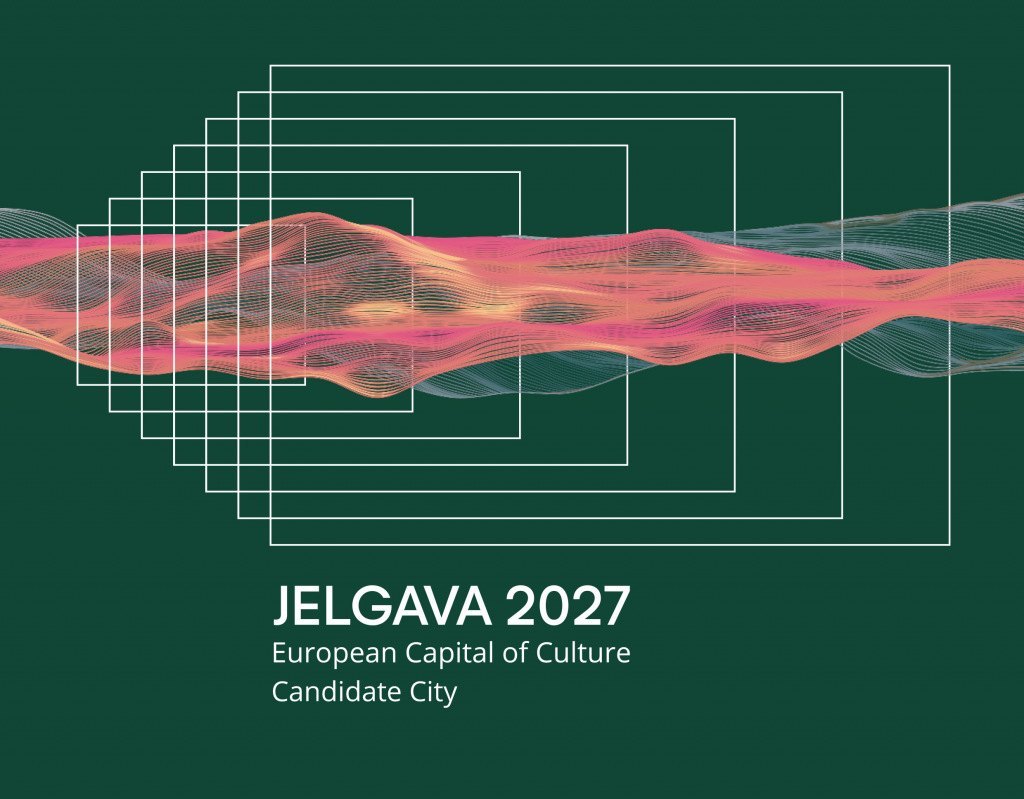News
The city of Jelgava has prepared an application to the European Capital of Culture competition, the program pays attention to the city’s future opportunities – in the fields of culture, creative industries, environment and education with the motto “Tabula rasa”, informs the municipal institution “Kultūra”.

During the preparation of the application, interviewing the residents of Jelgava, active organizations of the city, representatives of cultural and related industries, it was decided that the goal of Jelgava – European Capital of Culture concept will not be proud of current achievements, but to use the past, cultural heritage and existing resources as a platform for development.
“The motto of our concept is ‘Tabula rasa’, which embodies the feeling that we have opened a blank page, experiencing a moment before the miracle of creation. White pages should not be afraid of, because they are opportunities to write history together, “explains Madara Gruntmane, head of the Jelgava – European Capital of Culture project working group.
The concept of Jelgava’s European Capital of Culture consists of five program lines borrowed from computer keyboard symbols, forming an association with a modern version of an unwritten page – in the form of a computer. According to the concept “CAPS LOCK” will bring new cultural places to life in the city, create traditions or give new meaning to the existing ones, “BACKSPACE” will invite to look for inspiration in cultural heritage and experience, “ESC” will give the opportunity to identify Jelgava and region’s natural resources will encourage new ideas in science, education and technology, while ALT will encourage understanding of the non – traditional.
Along with various cultural and artistic events, Jelgava wants to promote the inclusion of society in cultural processes and create a new – contemporary cultural identity of the city in the course of the European Capital of Culture. It consists of plans for the development of the environment and infrastructure, the promotion of the growth of creative industries and education, the stabilization of European values, the promotion of local and international recognition of the city, and the solution of society’s issues through cultural processes.
Along with the preparation of the application, Jelgava has launched an active public information campaign about the goals of the European Capital of Culture. The first works are a series of five videos that reveal the leitmotifs of the Jelgava concept and encourage us to believe in the possibilities offered by the status of the European Capital of Culture. In these videos, actors Andris Keišs and Artūrs Skrastiņš, both born in Jelgava, visit various potentially significant cultural places of the future. Watch the video HERE.
In the process of project development, in cooperation with the Research Center SKDS, a survey of Jelgava residents was conducted, which confirmed that Jelgava has a great deal of support for the European Capital of Culture initiative – 95% of respondents want Jelgava to become the European Capital of Culture. The survey also proved that Jelgava has a high level of public participation and openness to cultural events – 91 percent of the surveyed population attended various cultural events in Jelgava at least a few times a year before the pandemic.
The Jelgava application was developed by the creative association “I DID IT” in cooperation with the city of Jelgava and the institution “Kultūra”. The author of the visual identity of the project “Jelgava – European Capital of Culture 2027” is Ints Ivanovskis.
The European Capital of Culture is one of the best-known European initiatives to promote the contribution of culture to the long-term development of cities, launched in 1985. In 2027, the status of the European Capital of Culture will be granted to one city of Latvia and one city of Portugal.
The city of Latvia will receive the status of the European Capital of Culture from the moment of announcing the results of the competition in 2022.
 8.5 °C,
3.6 m/s,
40.1 %
8.5 °C,
3.6 m/s,
40.1 % 